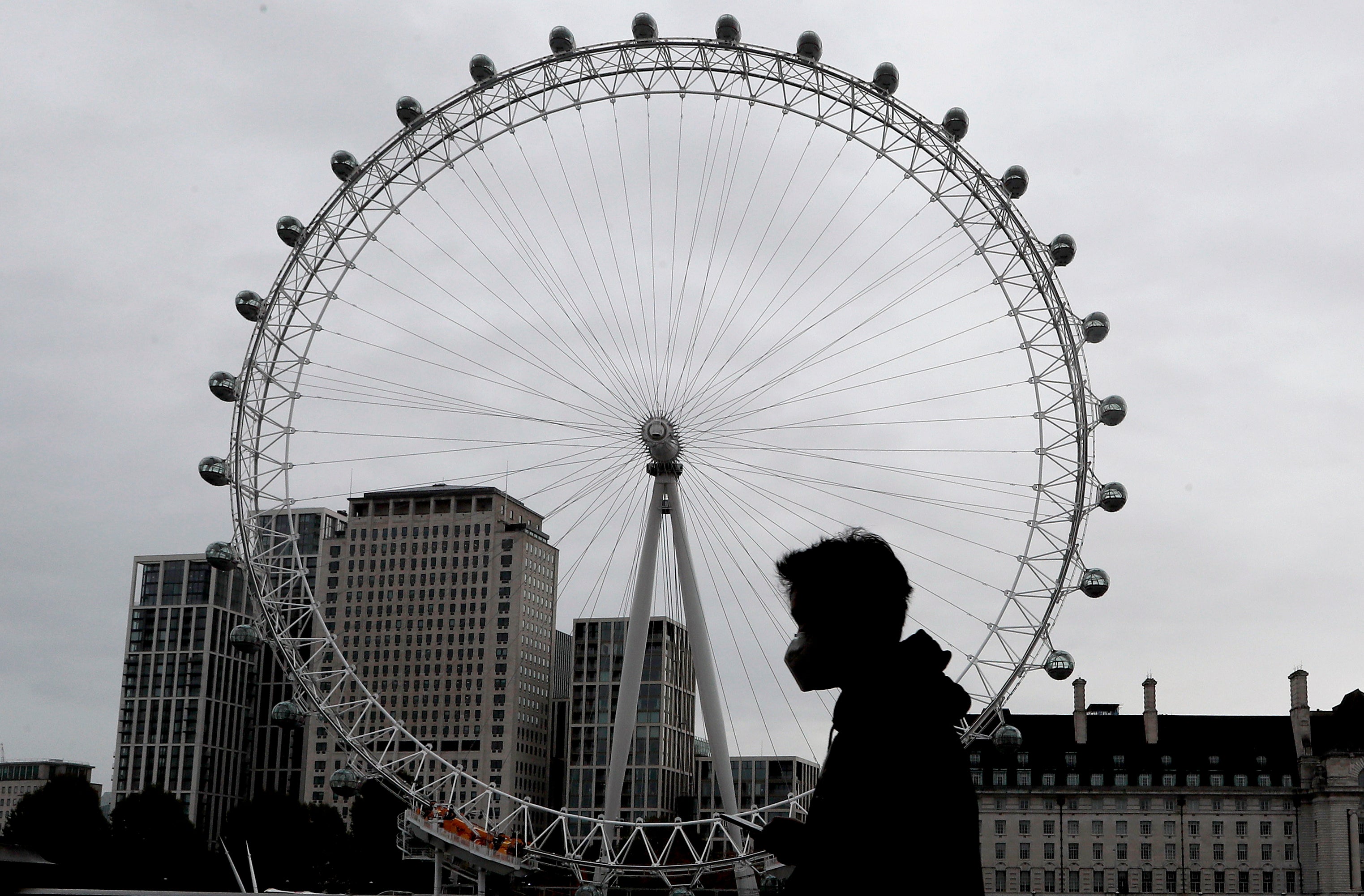IMF blames resurgent coronavirus for UK growth downgrades
The International Monetary Fund has downgraded its growth forecasts for the British economy for this year and next following an acceleration in the number of coronavirus infections over the past couple of weeks

Your support helps us to tell the story
From reproductive rights to climate change to Big Tech, The Independent is on the ground when the story is developing. Whether it's investigating the financials of Elon Musk's pro-Trump PAC or producing our latest documentary, 'The A Word', which shines a light on the American women fighting for reproductive rights, we know how important it is to parse out the facts from the messaging.
At such a critical moment in US history, we need reporters on the ground. Your donation allows us to keep sending journalists to speak to both sides of the story.
The Independent is trusted by Americans across the entire political spectrum. And unlike many other quality news outlets, we choose not to lock Americans out of our reporting and analysis with paywalls. We believe quality journalism should be available to everyone, paid for by those who can afford it.
Your support makes all the difference.The International Monetary Fund has downgraded its growth forecasts for the British economy for this year and next, following an acceleration in the number of coronavirus infections over the past couple of weeks.
In its annual assessment of the British economy published Thursday, the Washington D.C.-based body lowered the forecasts it made just two weeks ago. Instead of shrinking by 9.8% this year, the Fund now expects the British economy to contract by 10.4%. And it expects the rebound next year to be weaker than previously thought, at 5.7% against 5.9% before.
The IMF's managing director, Kristalina Georgieva said fears of a “second wave” of the coronavirus in Europe earlier this month had now materialized.
“That materialization is influencing our projections for the U.K. and this is why they went slightly down vis-à-vis where they were just a couple of weeks ago,” she said in an online press briefing.
Like most of Europe, Britain is facing a resurgence of the virus that has taken many experts and governments by surprise. In addition, the Fund warned that the economy faces headwinds from Brexit-related uncertainty, rising unemployment, and stress on corporate balance sheets.
The British government's response so far to the resurgence in the virus has been to tighten restrictions in those areas of England where it is most prevalent. As well as limits on gatherings, some businesses, such as pubs, are having to close in areas with the most onerous restrictions, curbs that undoubtedly impact upon economic activity. The other U.K. nations — Scotland, Wales and Northern Ireland — have also imposed fresh restrictions in recent weeks.
Georgieva held out hope that the hit on economic activity won't be anywhere near as deep as the one after a national lockdown was introduced in March. After that, the British economy contracted by nearly a quarter before the restrictions started to be eased and large sections of the economy reopened.
She said most of the negative impact on contact-dependent industries, such as hospitality and entertainment, has already happened and that the world has learnt to “function better” in the face of the pandemic.
In addition, she praised the coordinated response by the government and the Bank of England to stimulate the economy, but warned that policy support will need to continue to see the economy through the pandemic and Brexit.
Georgieva said the Fund's forecasts were based on a presumption that the U.K. and the European Union will secure a trade deal by the end of this year.
Though the U.K. left the bloc on Jan. 31, it is in a transition period that sees it remain within the EU’s tariff-free single market and customs union until the end of this year. A trade deal would ensure there are no tariffs and quotas on trade in goods between the two sides but there would still be technical costs, partly associated with customs checks and non-tariff barriers on services.
Follow AP coverage of the virus outbreak at https://apnews.com/VirusOutbreak and https://apnews.com/UnderstandingtheOutbreak